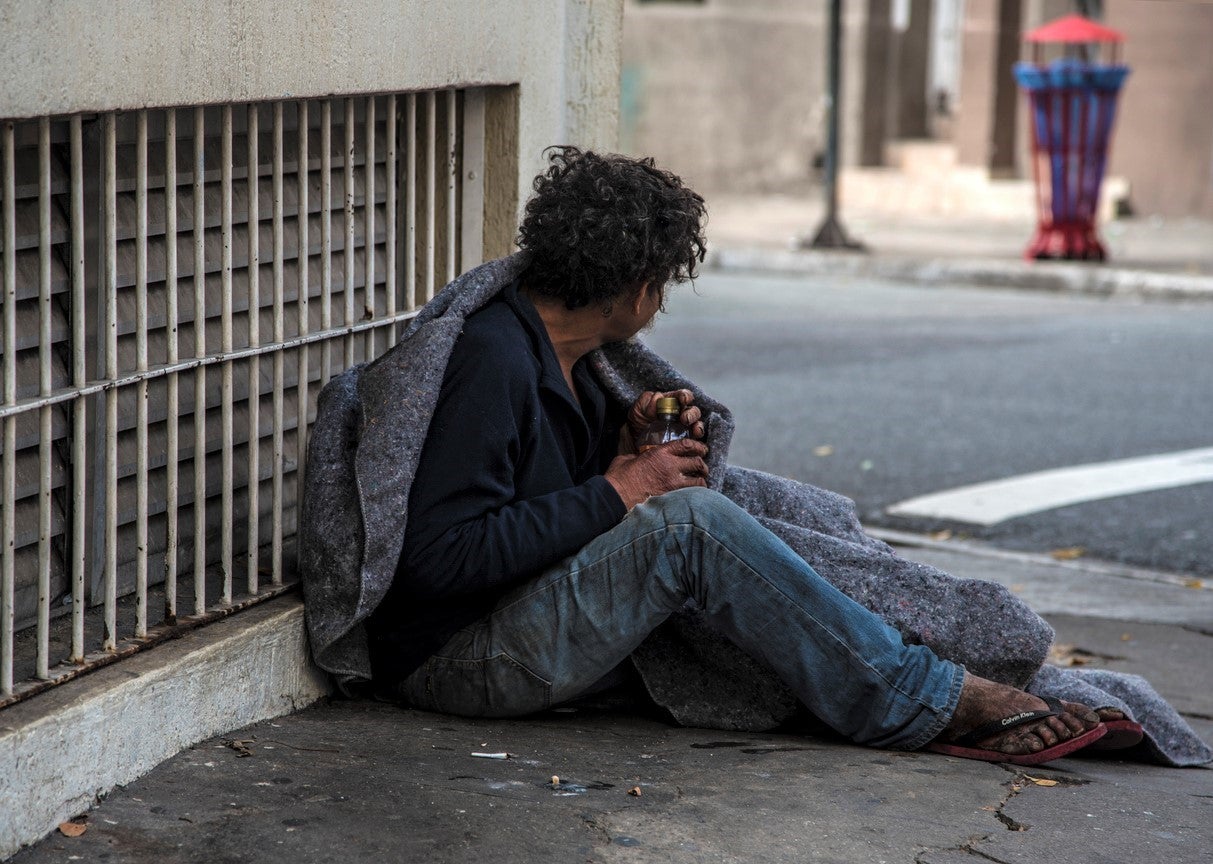 © Danny, Istock
© Danny, Istock
“If we want to improve global health, we need to tax the things that are killing us. Taxing things that are bad for your health, like tobacco, over things like savings and income, is as close to a free lunch as you can get in economics. The economic rationale for taxing these products is strong if we want to save lives and make a better, healthier world.”
LARRY SUMMERS, former Secretary of the U.S. Treasury and Director of the National Economic Council, and former World Bank Group Chief Economist (2019)
Seven months after the first cases of a new coronavirus (COVID-19) were reported in China, the pandemic’s toll continues to increase, despite global containment and mitigation efforts. People of any age with certain underlying medical conditions, such as cardiovascular diseases, cancer, obstructive pulmonary diseases, and obesity and diabetes, are at increased risk for severe illness and death from COVID-19. Tobacco use, alcohol abuse, and consumption of unhealthy foods (such as sugar sweetened beverages) are three leading risk factors for the development of these chronic health conditions.
Pre-existing global health disparities, magnified during the pandemic, reflect deep-rooted inequalities in income, wealth, and voice. To address these challenges, countries need to maintain essential health services to address concurrent health needs, and particularly the needs and service delivery gaps targeting the most vulnerable populations. Urgent steps are required to prevent a secondary global health crisis, with many countries already reporting life-threatening health service disruptions. There are particular gaps with respect to maternal, infant, and child health; prevention and treatment of other infectious diseases such as TB, malaria, HIV/AIDS, and noncommunicable diseases.
Looking forward, as noted by the Dean of the Johns Hopkins Bloomberg School of Public Health, "we must start talking now about the need to invest for the long term," building upon the “brutal lessons” from the COVID-19 pandemic. This observation brings to the fore once again the imperative of universal health coverage (UHC).
Up to now, the UHC effort has largely focused on ensuring that medical care is accessible and affordable. The time has come to give equal importance to disease prevention, health promotion, and emergency preparedness as part of an integrated framework for action to achieve UHC.
Taxation on tobacco, alcohol, and sugar-sweetened beverages are effective but underused policies of disease prevention and health promotion, that could also help mobilize additional government revenue to fund investments and programs that benefit the entire population and enhance equity. Let’s explain the win-win-win nature of this policy.
Raising taxes on tobacco, in particular, can do more to reduce premature mortality than any other single health policy. The evidence across a wide range of countries shows that a 50% increase in cigarette price typically leads to a 20% decline in cigarette consumption. Lowering consumption reduces tobacco-attributable sickness and death: about half of this effect comes from current smokers quitting and the other by reducing smoking initiation among young people.
Taxing alcohol and sugar-sweetened beverages helps to reduce consumption and prevent the onset of related chronic diseases such as cardiovascular diseases, cirrhosis of the liver, obesity and diabetes. Moreover, taxing to increase the price of alcohol products, along with strict enforcement of drink-drive laws, can help reduce the high human and economic cost of road traffic injuries, fatalities, and domestic violence.
Emerging evidence reported by the World Bank consistently identifies net positive economic impacts from sugar-sweetened beverages taxes, including overall employment and productivity gains, and increased government spending.
To help realize the benefits of pro-health tax policies, strengthened tax administration, including control of illicit tobacco and alcohol trade, play a critical function.
Even as they lower consumption and improve public health, tobacco, alcohol, and sugar-sweetened beverage taxes can substantially boost government revenues. This is of critical importance during COVID-19, as policymakers must maintain their public health responses while also mobilizing domestic revenue for investment in future pandemic preparedness and other essential health services. Adoption of policies that reduce future health risks has been found to contribute to public trust, thereby helping economic activity and reducing strains on public finances. Investing in stronger health systems for all can also contribute to tackling rising poverty and inequality.
Projections presented in a World Bank Group report for the G-20 meeting in Osaka, Japan in 2019 showed that the substantial UHC financing gap in low- and lower-middle-income countries (now exacerbated by COVID-19), can be attenuated by excise tax increases on tobacco, alcohol, and sugar-sweetened beverages. These calculations showed that a 50% increase in prices for these products could generate additional revenues of approximately $24.7 billion in 54 low- and middle-income countries by 2030.
These health tax increases would have the additional advantage of reducing future health care costs by curbing the growth of the non-communicable diseases that tobacco, alcohol, and sugar-sweetened beverages can cause. Importantly, the revenue raised can additionally benefit poorer households when it is used progressively. Elimination of fossil fuel subsidies, which impose large fiscal costs while adding to negative environmental and health impacts, could also help expand fiscal space for health.
Pro-health taxes are a potential tool to help alleviate the ongoing health crisis and contribute to recovery. As such, they should be considered essential components of health and fiscal policy building support of healthier and more resilient societies.



Join the Conversation